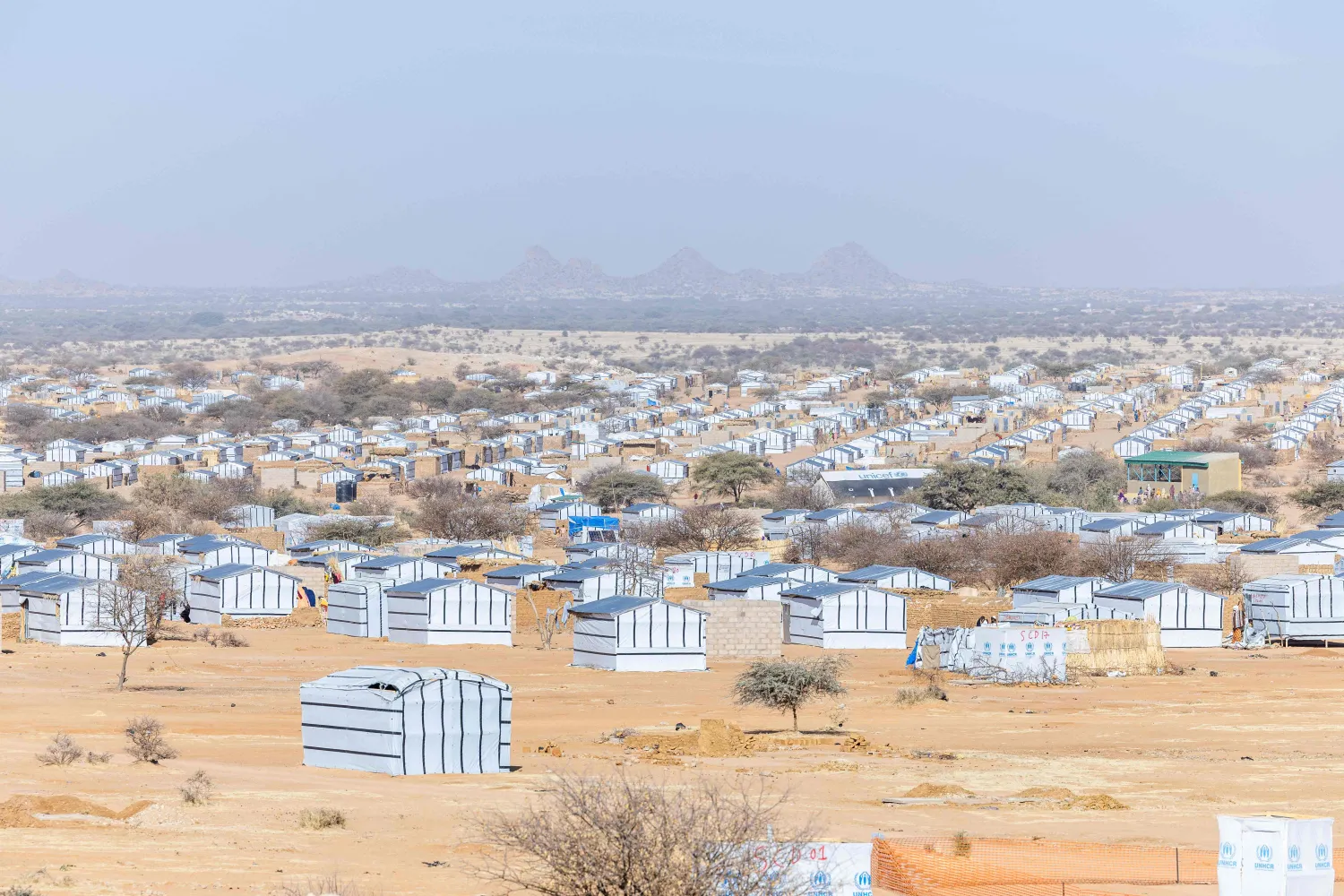The Saudi Ministry of Hajj and Umrah shared results from their second test run for transporting pilgrims for this year’s Hajj season. This is part of their early prep with 40 government bodies.
Highlights from the test include virtually moving over 1.2 million pilgrims, with 5 guidance operations along 12 main routes.
Around 36,640 trips were made within holy sites.
4,000 buses from 63 companies participated, with 600 operation points and 200 camps in Mina, Arafat, and Muzdalifah. The simulation lasted 17 hours, with 10 hours spent on guidance operations.
One key gain from this trial is the participation of Hajj affairs offices in serving pilgrims and measuring travel times between holy sites based on pilgrims’ needs.
They also tested bus parking and infrastructure quality for better service at holy sites.
This relies on strong infrastructure projects, benefiting pilgrims and managed by various sectors.
Discussions on operational plans for the transportation system are expected to finalize scheduling for guidance operations.
Dr. Ayed Algwinm, a representative of the Hajj and Umrah ministry, explained to Asharq Al-Awsat that the ministry’s trial with its partners is a real test for all the planning this year.
Through these trials, they assess readiness and coordination among the 40 government and 12 field entities involved in Hajj operations, especially in transportation.
He mentioned that plans are practically tested through the “Hajj Simulation” initiative and hypothetical trials for transportation. Over 12,000 field workers verify plan readiness.
Through these trials, they virtually transported over 1.2 million pilgrims.
According to Algwinm, having Hajj affairs offices on transportation routes helps understand pilgrim paths, and monitoring identifies and prevents potential issues during the season.
In response to a question from Asharq Al-Awsat about the gaps found in the trial, Algwinm said: “All these gaps are operational. None are major enough to disrupt transportation or require changing plans. Most are about fully understanding the journey, like not sticking to the schedule or misunderstanding routes.”
He explained that a specialized workshop will address these gaps with all partners. The main goal is to learn from mistakes, rather than aiming for a flawless trial.
Saudi Hajj Test Run Includes 36,000 Trips to Transport 1.2 Mln Pilgrims

Part of the results of the Hajj Simulation initiative launched by the Ministry of Hajj and Umrah with the participation of 40 governmental entities (Asharq Al-Awsat)

Saudi Hajj Test Run Includes 36,000 Trips to Transport 1.2 Mln Pilgrims

Part of the results of the Hajj Simulation initiative launched by the Ministry of Hajj and Umrah with the participation of 40 governmental entities (Asharq Al-Awsat)
لم تشترك بعد
انشئ حساباً خاصاً بك لتحصل على أخبار مخصصة لك ولتتمتع بخاصية حفظ المقالات وتتلقى نشراتنا البريدية المتنوعة







